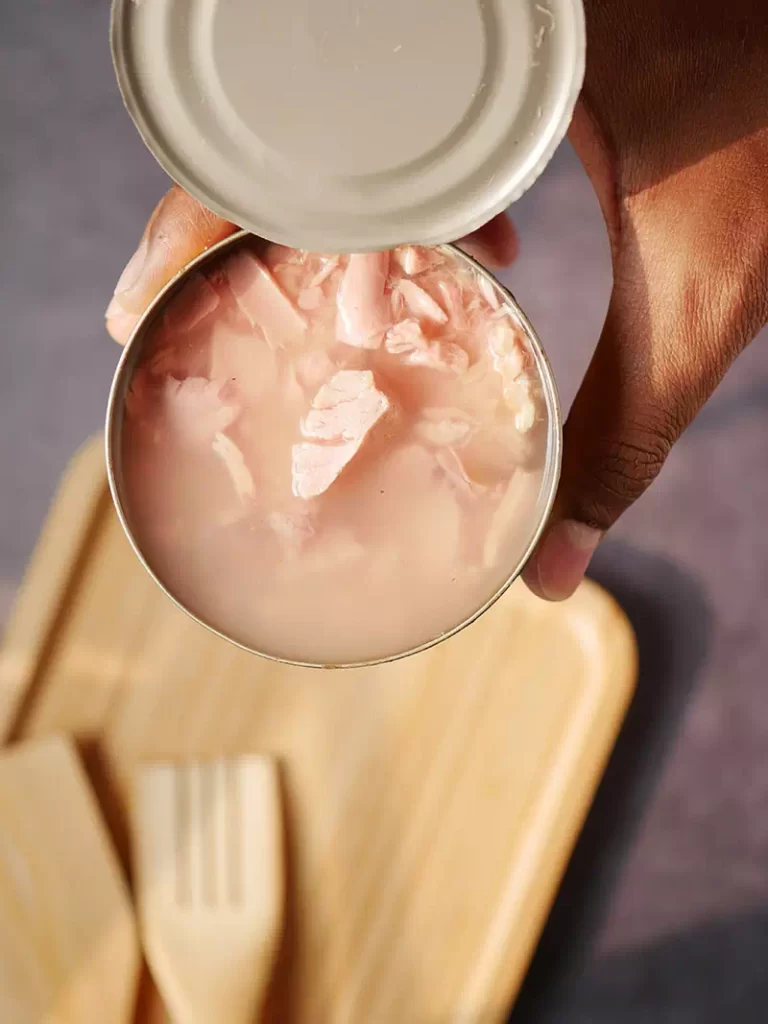Breast cancer is a type of cancer that develops in the cells of the breast. It can affect both men and women, but it is more common in women. Breast cancer can develop in different parts of the breast, such as the ducts (the tubes that carry milk to the nipple), the lobules (the glands that produce milk), or the connective tissue.
Some of the points on early signs and symptoms of breast cancer:
1. A lump or thickening in the breast or underarm area
One of the most common signs of breast cancer is a lump or thickening in the breast tissue. This lump may feel hard or firm, and it may be located in one area of the breast or in multiple areas. Some lumps may be painful, while others may not cause any discomfort. It’s important to note that not all lumps are cancerous, as benign (non-cancerous) lumps can also appear in the breast tissue.
2. Changes in the size or shape of the breast
Another early sign of breast cancer is a change in the size or shape of the breast. This can include one breast becoming larger or lower than the other, or a change in the shape of the breast, such as it becoming rounder or more oval.
3. Dimpling or puckering of the skin on the breast
Dimpling or puckering of the skin on the breast can be an early sign of breast cancer. This can occur when the cancer cells form a lump or mass that pushes against the skin, causing it to dimple or pucker.
4. An itchy or scaly rash on or around the nipple
An itchy or scaly rash on or around the nipple can be an early sign of breast cancer, particularly if the rash is accompanied by other symptoms, such as discharge from the nipple.
5. Fluid (other than breast milk) coming from the nipple
Fluid (other than breast milk) coming from the nipple can be an early sign of breast cancer. This fluid can be clear, bloody, or have a yellowish color. This can be a symptom of Paget’s disease, a rare form of breast cancer.
Conclusion
It’s important to remember that these symptoms can also be caused by non-cancerous conditions, and not everyone who experiences these symptoms will have breast cancer. However, if you notice any changes in your breasts, it’s important to see a healthcare provider for further evaluation.














